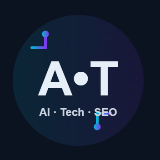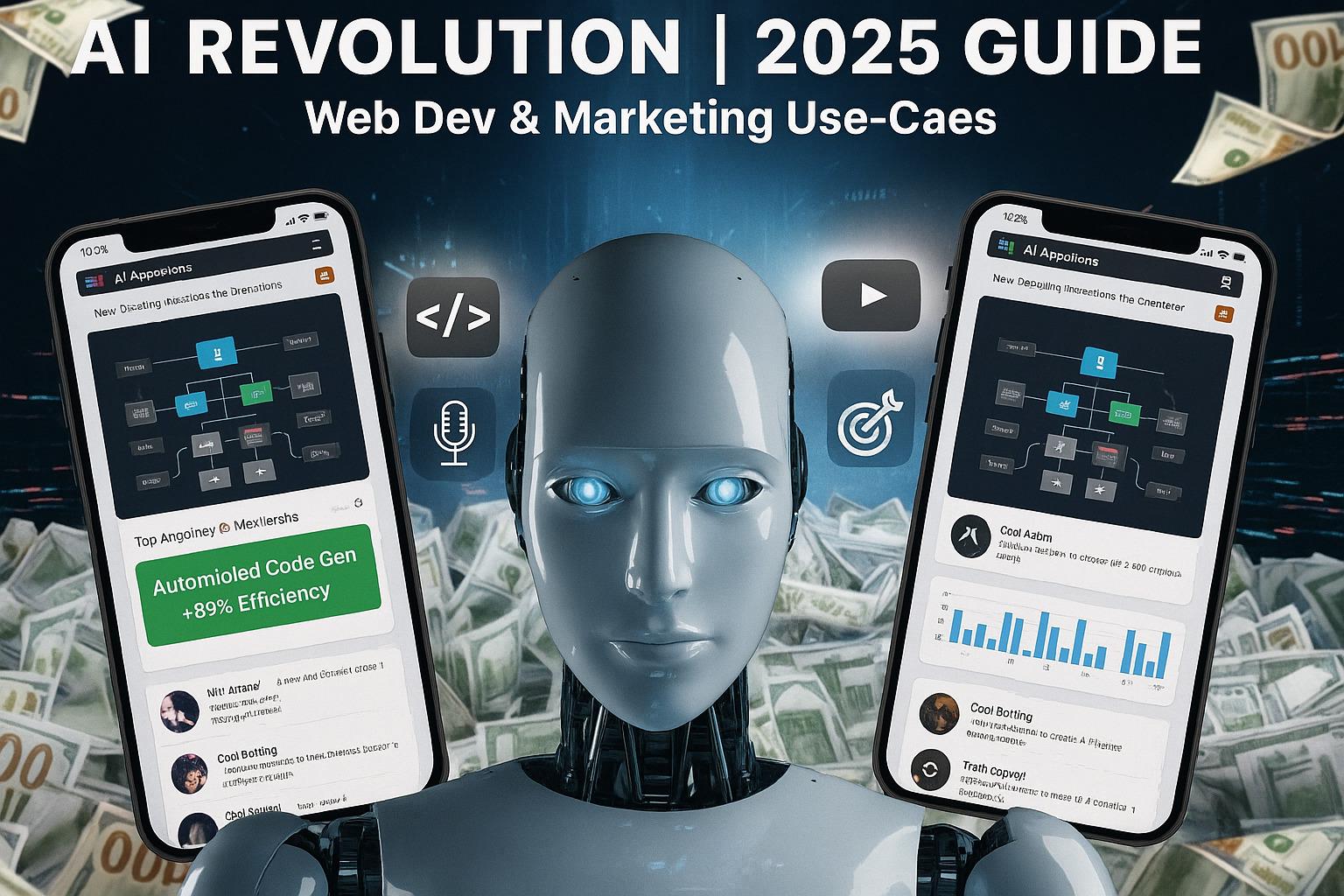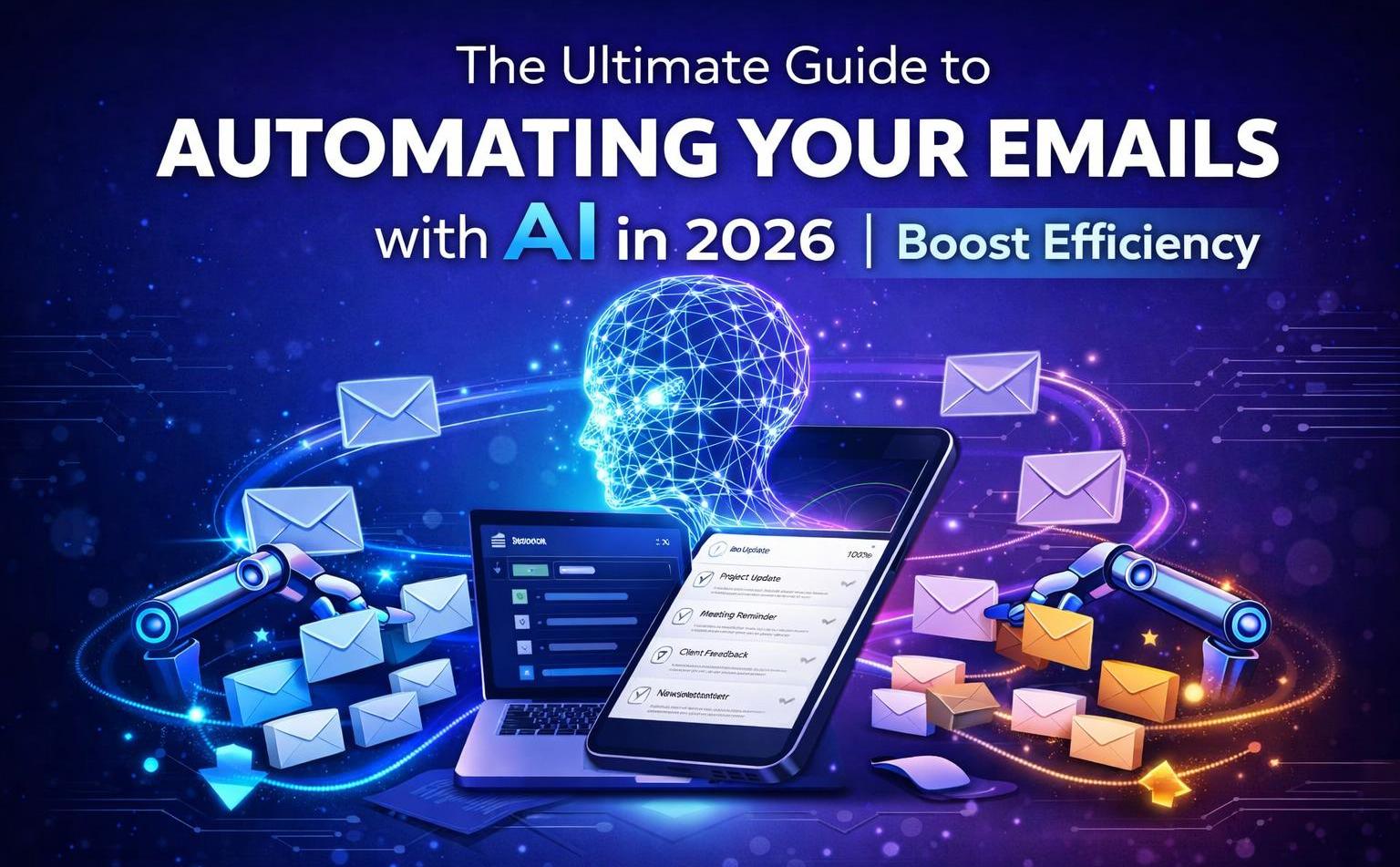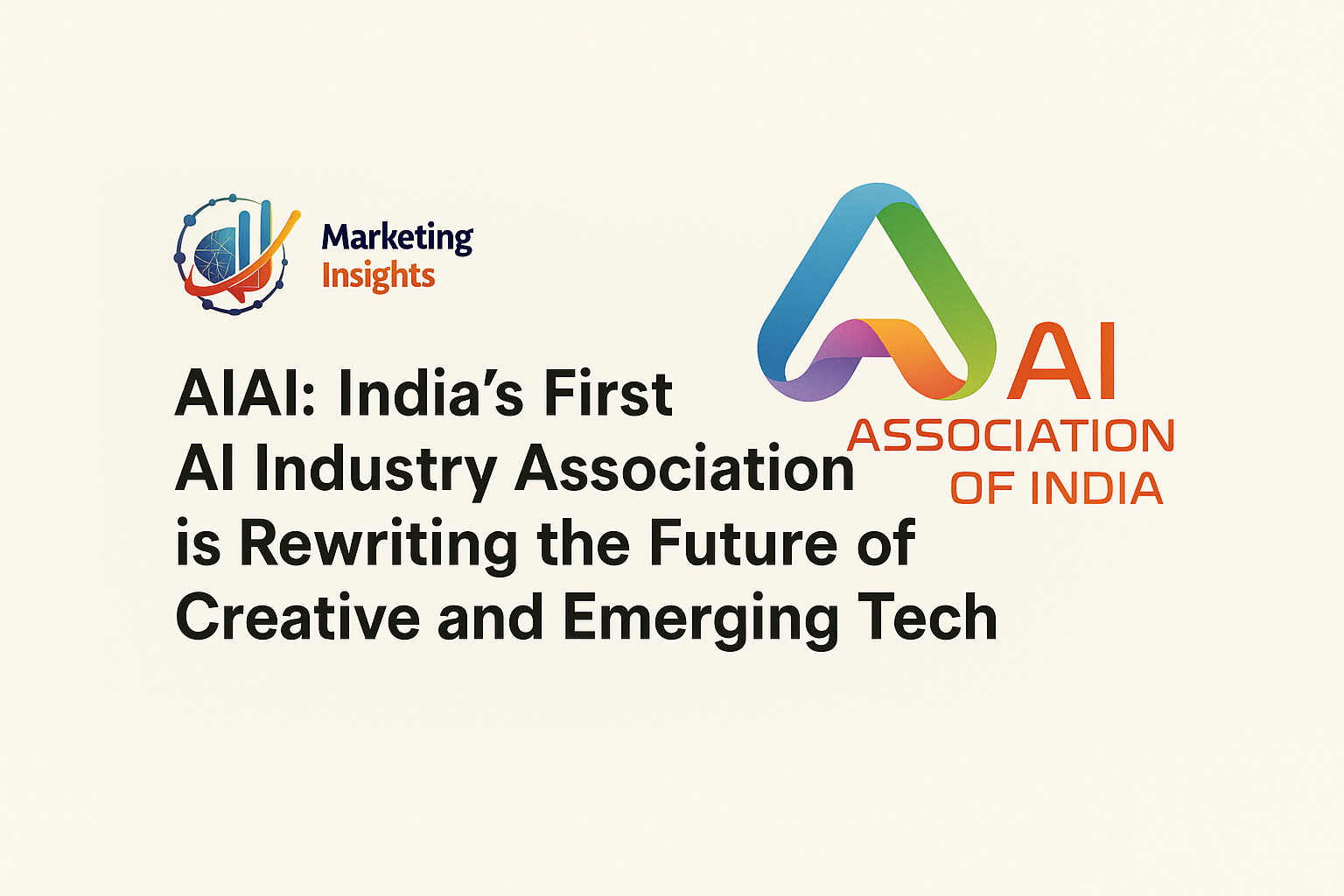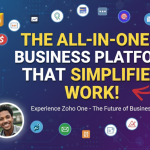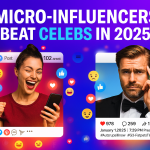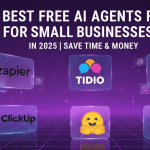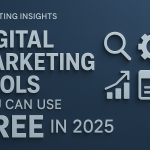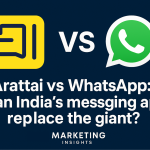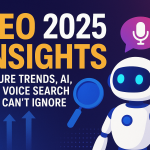Artificial Intelligence (AI) is no longer a futuristic concept — it's the engine driving innovation across digital business operations. From automating workflows to personalizing user experiences, AI empowers companies to make smarter, faster, and more profitable decisions.
In web development and digital marketing, AI delivers measurable results: higher conversion rates, improved customer satisfaction, and streamlined operations. This guide dives into real-world AI applications that are transforming how businesses build websites and connect with audiences.
AI in Web Development
1. Intelligent Chatbots & Virtual Assistants
AI chatbots offer 24/7 support using natural language processing. Brands like Sephora and H&M use them to guide product selection, boosting conversions and cutting support costs by up to 70%.
2. Automated Code Generation
Tools like GitHub Copilot suggest code, detect bugs, and accelerate development. Developers report 30–55% faster completion times and better code quality.
3. Personalized User Experiences
Netflix’s AI-driven recommendation engine powers 80% of content watched. Websites using AI personalization see 15–20% higher conversion rates.
4. AI-Powered Search
Semantic search, visual search, and voice search improve relevance and usability. Sites using intelligent search see up to 50% better search-to-purchase conversions.
5. Automated Testing & QA
AI tools like Testim and Applitools create self-healing tests, reducing maintenance by 85% and accelerating release cycles.
6. Performance Optimization
AI predicts traffic spikes and optimizes resources. CDNs like Cloudflare use AI for faster load times and reduced infrastructure costs.
7. Accessibility Enhancement
AI generates alt text, captions, and adaptive interfaces. Tools like accessiBe ensure compliance and expand audience reach.
8. Security & Fraud Detection
Stripe uses AI to detect fraud with 99% accuracy. Machine learning prevents threats and builds customer trust.
AI in Digital Marketing
1. Predictive Analytics
Salesforce Einstein scores leads and predicts deal closures. AI boosts marketing efficiency by 20–30%.
2. Automated Content Creation
Tools like Jasper and Copy.ai generate blog posts, ads, and social media content — saving 50–70% of time.
3. Programmatic Advertising
AI adjusts ad bids and targeting in real-time. Google and Facebook Ads report 30–50% better efficiency.
4. Email Marketing Automation
AI personalizes emails and optimizes send times. Mailchimp users see 20–40% higher engagement.
5. Social Media Management
Sprout Social uses AI to monitor sentiment and schedule posts. Brands respond faster and build stronger reputations.
6. Customer Segmentation
Spotify uses AI to segment users by behavior, enabling hyper-targeted campaigns and higher conversions.
7. Marketing Attribution
Google Analytics 4 uses AI to track cross-platform journeys, improving ROI measurement and budget allocation.
8. Visual Recognition
Pinterest Lens enables visual search and AR experiences. AI enhances product discovery and engagement.
9. Chatbot Lead Generation
Drift and Intercom use conversational AI to qualify leads, increasing conversions by 30–50%.
10. Voice Search Optimization
Domino’s enables voice ordering via Alexa and Google Assistant. AI boosts visibility and convenience.
Getting Started with AI
- Identify repetitive, data-rich tasks
- Launch pilot projects (e.g., chatbots, email automation)
- Build a clean, structured data foundation
- Train teams in AI literacy
- Measure performance and iterate
Recommended AI Tools
- Code Assistance: GitHub Copilot, TabNine
- Testing & QA: Testim, Applitools
- Performance: Cloudflare
- Accessibility: accessiBe
- Chatbots: Dialogflow, Drift
- Content Creation: Jasper AI, Copy.ai
- Email Marketing: Mailchimp, Klaviyo
- Social Media: Hootsuite, Sprout Social
- Advertising: Google Ads, Facebook Ads
- CRM & Analytics: Salesforce Einstein, GA4
Key Success Factors
- Set clear, measurable goals
- Prioritize high-quality data
- Maintain human oversight
- Address ethics, bias, and transparency
- Choose scalable, integrable solutions
ROI Timeline
- Quick wins: Chatbots, email automation (weeks)
- Mid-term gains: Content optimization, personalization (1–3 months)
- Long-term ROI: Custom AI solutions (6–18 months)
Frequently Asked Questions
- Best beginner tools? ChatGPT, Mailchimp, Canva AI, GA4
- Cost range? $50–$200/month (entry) to $10K+/month (enterprise)
- Small business benefits? Yes — scalable, affordable, and impactful
- Will AI replace jobs? No — it enhances human creativity and strategy
- Data requirements? Clean, relevant, structured historical data
- Ethical use? Diverse training data, bias audits, transparency, governance
- System integration? Most AI tools offer APIs and native integrations
Leave a comment
Your email address will not be published. Email is optional. Required fields are marked *

